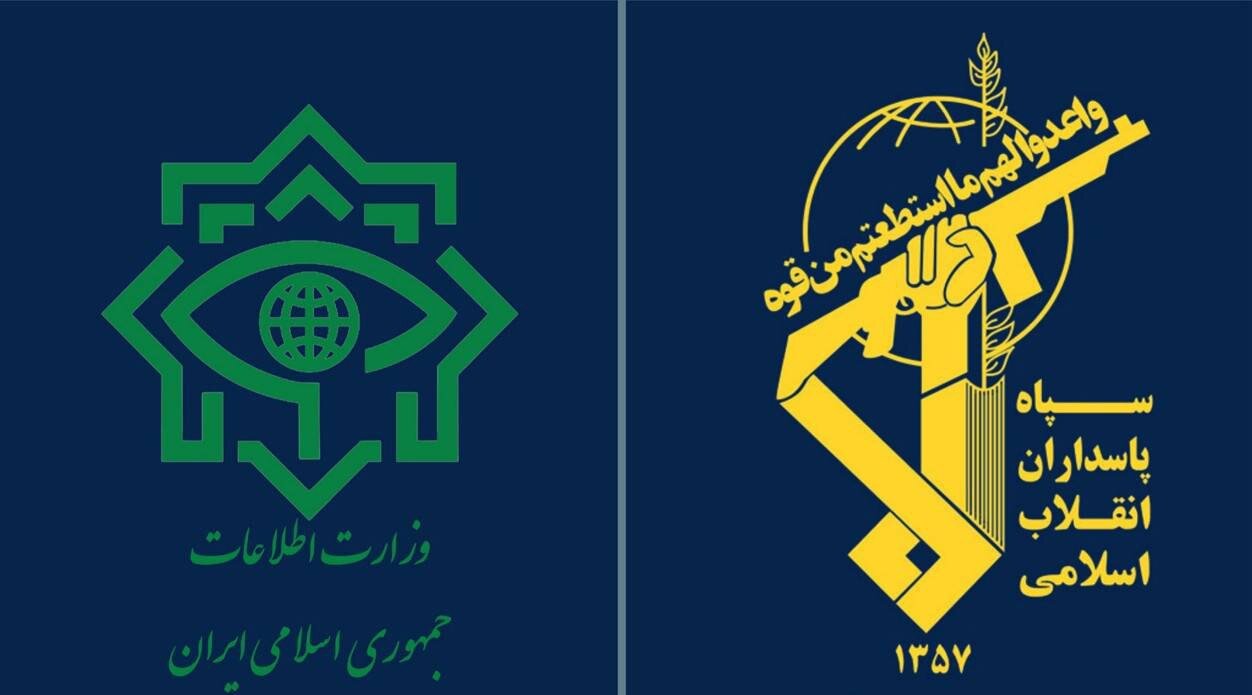
“The Global Arrogance Front (Western countries led by the US) has intensified its attack on the Islamic Revolutionary Guard Corps,” said that Iranian ministry.
“The backers of Zionism and the ISIS terrorist group, who are angry at the victorious confrontation of the brave men of the IRGC against the Zionist and terrorist groups, are increasingly unleashing their hostility against the IRGC every day, because the IRGC is spearheading the fight against the US and Zionist entity-affiliated terrorists,” the statement of the intelligence ministry further read.
Iranian officials have said that the Iranian parliament will probably designate the armies of the the European states involved in the designation of the IRGC as terrorist organizatins.
MNA



